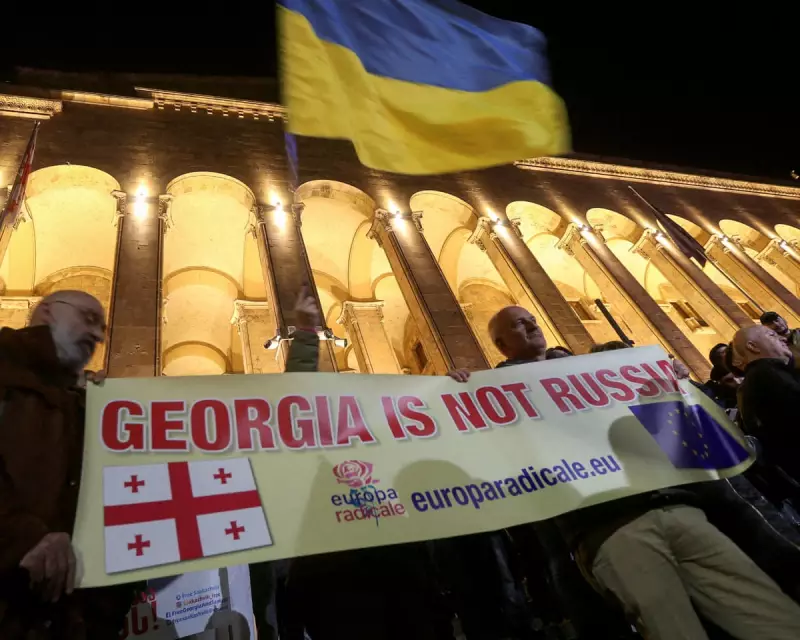
The Georgian government has launched a determined campaign to persuade international media organisations to stop referring to the country as a "former Soviet republic," arguing the label is outdated and undermines its modern European identity.
A Term That Overstayed Its Welcome
In a striking move that highlights the power of language in international relations, Georgian officials are systematically contacting major news outlets requesting they abandon Cold War-era terminology. The government contends that describing Georgia through its Soviet past is not only historically inaccurate but also perpetuates a narrative that doesn't reflect the country's current geopolitical orientation.
"We are not a 'former' anything," declared one senior diplomat involved in the initiative. "We are a modern European nation with ancient history that predates the Soviet Union by centuries."
Beyond the Soviet Shadow
The campaign represents more than just semantic quibbling. For Georgia, which has actively pursued European Union membership and strengthened ties with Western institutions, the persistent Soviet reference feels like an anchor dragging against its forward momentum.
Government officials argue that the terminology creates an unconscious bias among international audiences, subtly framing Georgia within a Russian sphere of influence rather than as the independent, sovereign state it has been for over three decades.
The Historical Context
Georgia's relationship with the Soviet Union was complex and often brutal. The country experienced forced collectivisation, political purges, and the violent suppression of the 1956 Tbilisi protests. The 1991 dissolution that created the "former Soviet" label came only after decades of resistance and a bloody war of independence.
"When you constantly define us by something we fought to escape, you erase our struggle and our achievements," explained a cultural historian involved in the campaign.
Media Response and Challenges
The initiative faces practical challenges in newsrooms where style guides and established conventions die hard. Journalists often rely on shorthand descriptions to quickly contextualise countries for global audiences.
However, Georgian officials are proposing simple alternatives: "South Caucasus nation," "Black Sea country," or simply "Georgia" without any qualifying Cold War baggage.
The campaign has sparked broader conversations about how media language shapes perceptions of post-Soviet states and whether other nations might follow Georgia's lead in challenging outdated descriptors.
A Matter of Identity and Sovereignty
At its core, this linguistic battle represents Georgia's ongoing effort to define itself on its own terms. As the country continues its European integration journey, shedding the Soviet label becomes increasingly important to its international positioning and national self-perception.
The message from Tbilisi is clear: after 33 years of independence, it's time for the world's vocabulary to catch up with Georgia's reality.





